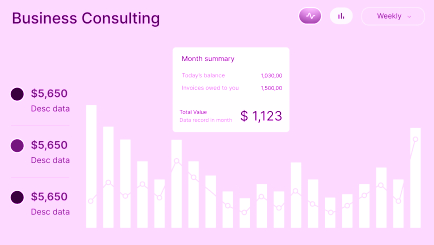
Bonds are fixed-income securities that represent a loan made by an investor to a borrower, usually a corporation, municipality, or government. When investors purchase bonds, they are essentially lending money in exchange for periodic interest payments, known as coupon payments, and the return of the bond's face value at maturity. Bonds are commonly issued to raise capital for various purposes, such as funding infrastructure projects, expanding business operations, or managing existing debt. They can be categorized into different types, including government bonds, corporate bonds, municipal bonds, and treasury bonds, each with varying risk levels and interest rates.
Investing in bonds is often viewed as a safer alternative to stocks, making them attractive for conservative investors seeking stable income and capital preservation. While bonds typically offer lower returns compared to equities, they can provide diversification within an investment portfolio. Additionally, bonds can serve as a hedge against stock market volatility, as they tend to be less sensitive to economic fluctuations. Understanding the terms and conditions of bonds, including their duration, yield, and credit ratings, is crucial for making informed investment decisions in the fixed-income market.

- Fixed Income
- Maturity Date
- Credit Ratings
- Diversification
Why Choose Bonds?
Choosing bonds as an investment option offers several advantages for those seeking stability and predictable income. Bonds are typically considered safer than stocks, making them an attractive choice for conservative investors or those nearing retirement. They provide a reliable source of interest payments and can help diversify an investment portfolio, reducing overall risk.
01
Stable Income
BBonds provide regular interest payments, ensuring a consistent income stream for investors.
02
Lower Risk
Generally considered safer than stocks, especially government bonds, which carry minimal default risk.
03
Capital Preservation
Investors receive their principal back at maturity, making bonds a reliable option during market downturns.
04
Diversification
Adding bonds to a portfolio enhances diversification, balancing risk and potentially stabilizing returns.
Key feature of Bonds
Bonds are fixed-income securities that offer a way for investors to lend money to borrowers—typically corporations or governments—in exchange for interest payments and the return of the principal at maturity. Understanding the key features of bonds is essential for investors looking to make informed decisions in the fixed-income market.
- Coupon Rate
- Maturity Date
- Face Value
- Credit Rating
- Yield
- Call Provision


FAQs
Frequently asked questions
What is a bond?
A bond is a fixed-income security that represents a loan made by an investor to a borrower, typically a corporation or government, in exchange for periodic interest payments and the return of the bond's face value at maturity.
How do bonds work?
When an investor purchases a bond, they lend money to the issuer, who agrees to pay interest (the coupon) at regular intervals until the bond matures, at which point the issuer repays the principal amount.
What factors affect bond prices?
Bond prices are influenced by several factors, including interest rates, inflation expectations, the issuer's credit rating, and overall market demand for bonds.
What is the difference between a corporate bond and a government bond?
Corporate bonds are issued by companies to raise capital, while government bonds are issued by national governments. Generally, government bonds are considered safer than corporate bonds due to the lower risk of default.